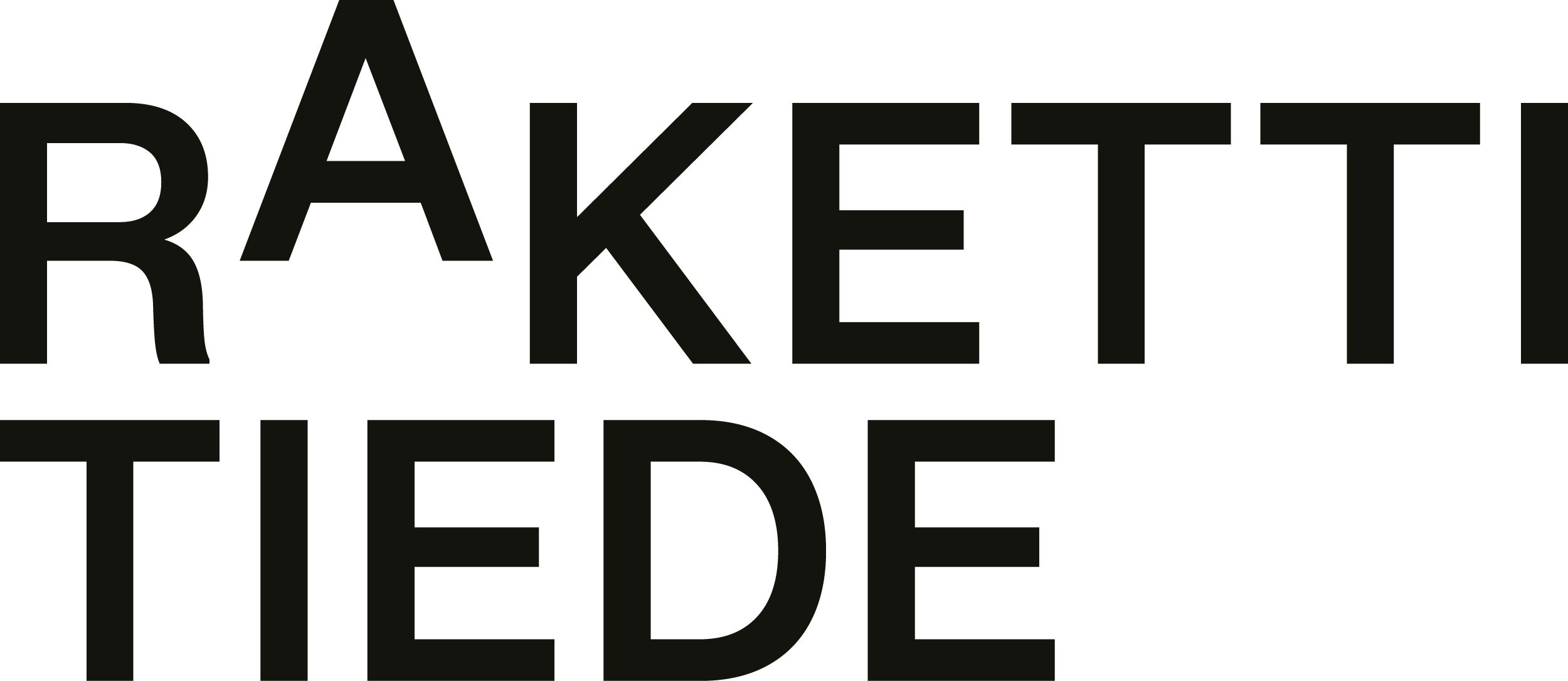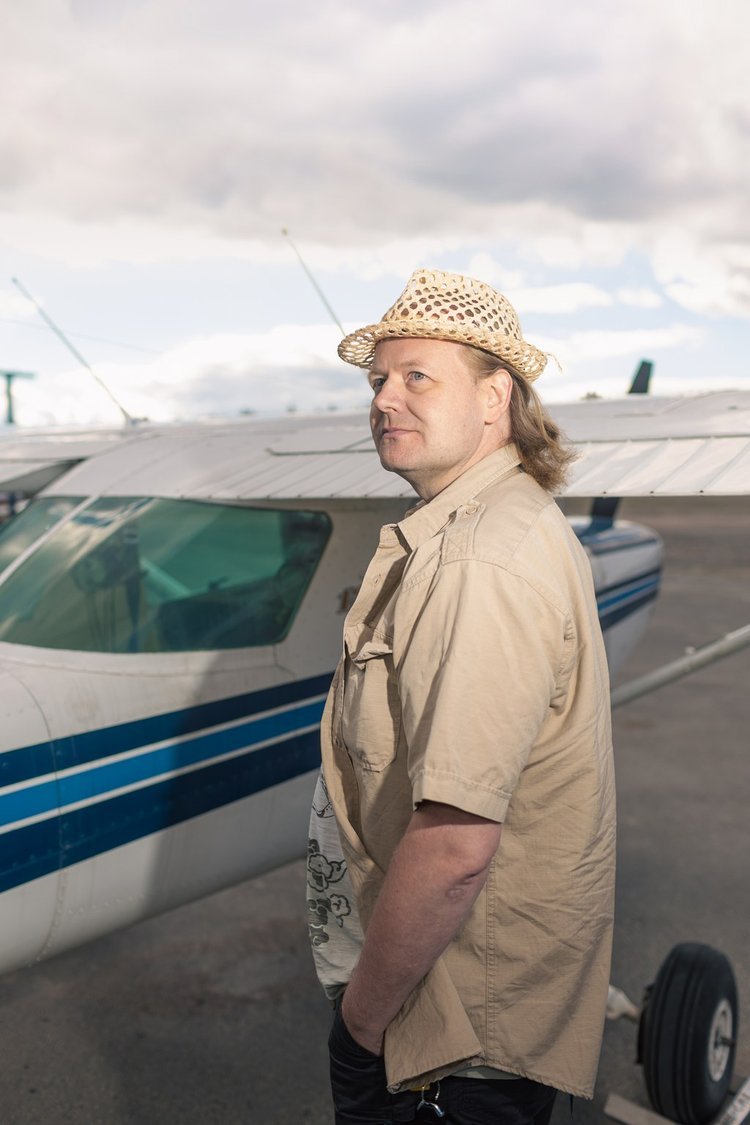Get ready for some hard facts and personnel data – 5 truths on the inner lives of rocket scientists
We decided to call a spade a spade, a trowel a trowel and a leaf blower a leaf blower and dug up some truths and personnel data related to the Rocket’s company culture, employee turnover as well as reasons for leaving and returning to the mother ship.
We asked our beloved Deputy Commodore, co-founder of the Rocket and senior developer Marko Saaresto about his thoughts on the findings.
#1 Rocket culture doesn’t compromise on values
“Sounds a bit categorical,” Marko says.
However, the claim is based on an important idea. The founders of the Rocket have aimed at creating an excellent workplace and an environment in which they want to work themselves. This means that things like business growth do not take precedence over values. We only recruit people who share our values.
But what is work culture onboard the rocket like?
Well, the company is always looking light years ahead, for one, and it values excellence, respects people and is outspokenly honest.
And what about from a rocket scientist’s perspective?
“It’s both human and keeps its distance in a healthy way. You don’t have to enter into wedlock with the company,” Marko says. (Ed. note: there are always some crazy ones, of course, such as Marko and the rest of the founding posse, who do, nevertheless).
In other words, everyone gets to be themselves there’s no need for blood oaths and shamanic rites of passage when boarding the Rocket. First and foremost, Rakettitiede is a community and a workplace.
“Our culture is both human and keeps its distance in a healthy way.”
And why is it that the compromising on values isn’t part of the rocket culture?
“I mean, why would it be? We are creating a workplace where we want to work ourselves.”
#2 According to a global study two out of five IT professionals have a high burnout risk – what’s the score at Rakettitiede?
“Only two out of five? That’s a remarkably positive result. Frankly better than I would have expected after the pandemic,” Marko says.
“The numbers are too high as such, however. There’s something wrong with the industry if so many people have a burnout risk.”
We take mental health problems seriously. These things were talked about even before the pandemic, but all the turmoil in the world made the discussion blaze up.
Open interactions were promoted by sitting down virtually with the employees and a culture of discussion was developed on the internal Slack channels of the mother ship to better suit the new remote working era. We also introduced the Auntie service, which allows our rocket scientists to receive conversational psychological support and vent their feelings before they fall ill or become exhausted.
These were a good start, but we can’t claim to be perfect quite yet. Preventing burnouts still requires a lot of work and thought.
The decentralised organisation typical of consulting houses presents an obvious challenge. How can interaction with others be ensured when consultants do their coding at the client’s premises and the office staff set up their computers in their living rooms or who knows where?
Marko has one wish for the future:
“I would like every rocket scientist to have a confidant, other than just the typical supervisor. When there’s no reporting obligation, it’s possible to focus on the essential things. This type of encouragement, support and reflection is needed during challenging times,” Marko says.
“When there’s no reporting obligation in the relationship, it’s possible to focus on the essential things. “
At the moment, we are actively investing in our care taker activities. Every rocket scientist has their own care taker who stands by them through thick and thin. The care taker is looks at the big picture, in other words, helps navigate various situations between the consultant, the company, the sales and the client to everyone’s advantage. In addition, the care taker also reacts to tacit signals and prevents issues related to coping.
The topic is important, as rocket scientists are ambitious people with high personal standards.
The Rocket's Deputy Commodore Marko Saaresto believes the Rocket can offer meaningful work for a consultant. According to him, culture onboard the Rocket is human-focussed – while keeping a healthy distance.
“I feel that our people are a high-risk group – hard-core professionals who want to do their best in terms of not only the code but also the client. I start to worry whenever I notice that an employee’s billing rate is nearing one hundred per cent. There’s more to life than just billable work,” Marko muses.
Although the labour market is all topsy-turvy, Marko tries to focus on the bright side.
“The IT industry is well positioned to take the bull by the horns: we have what it takes, and the employees not only aren’t afraid to make demands but also have the power to tackle the issue.”
“I start to worry whenever I notice that an employee’s billing rate is nearing one hundred per cent. “
#3 Rakettitiede’s employee turnover rate has consistently remained around 5%
Compared to the average for the technology industry (global 13%, Finnish 17%), the figure is low.
“Turnover is a good thing! It keeps things fresh. I’d be more worried if the number were zero,” Marko says after hearing the figures.
Allowing developers to become part of the office furniture and moulder away until retirement is not the goal.
“We provide the opportunity to build a career and develop your skills for the next career move,” Marko says encouragingly.
“In addition to providing our developers with their daily work, we want to ensure they have leeway to learn new things and think about what inspires them. The hopes and dreams of people change over time. I believe that change should be embraced, not stifled,” Marko reflects.
Sometimes change can mean that the Rocket can no longer cater for the needs of a rocket scientist. At that point, we will thank them for their service, bid a fond farewell and wish them a good journey into the future!
And if there’s ever a need to rekindle old fires, we are always more than happy to welcome returnees back onboard the Rocket.
#4 People leaving Rakettitiede become entrepreneurs, follow their dreams or switch to a product house – but not to other consultancies
“I find it wonderful that people who leave us follow their dreams or seek new professional opportunities beyond what Rakettitiede can offer,” Marko says.
“How can we ensure an all in all better future for our employees?”
A great real-life example of someone who followed their big professional dreams is our (former and current) employee Ed, who left the Rocket to work in space technology (yes, you read that right).
Questions about post-Rocket jobs and career aspirations can be inquired already during the interview process.
“In my opinion, exit planning is an important and interesting thing to consider. How can we ensure an all in all better future for our employees?” Marko ponders.
So far, no one has left Rakettitiede to join another consultancy.
“I like to think that we have succeeded in creating a workplace with a human touch where consultants find meaning in their work. When a person leaves Rakettitiede, they go because they want to make their next big career move – not because they want to do the same projects with a competitor,” Marko says.
#5 17% of those who left have come back
In the course of 12 years, 23 consultants have wanted to check whether the code is greener on the other side of the fence. As it happens, this is not always the case, as four of these consultants have returned.
“As a rule, these people left us because they were presented with an interesting opportunity they wanted to seize,” Marko says.
We have a very positive attitude towards returnees. We do not offer any special treatment, but we welcome them back onboard the Rocket with open arms.
This is exactly what happened to Jyri, who was given a ‘once in a lifetime’ opportunity to join a financial start-up for a couple of years. In the end, he returned to the Rocket in search of great colleagues, the possibility for remote working and a good salary.
“When an employee moves forward, you shouldn’t feel bitter. On the contrary, we celebrate the fact that someone has found something to strive for,” Marko says.
“We have a very positive attitude towards returnees. We do not offer any special treatment, but we welcome them back onboard the Rocket with open arms.”
In the Rocket, there is a habit of keeping contact with old employees.
“We bring in some really competent professionals who we come to know as more than just co-workers. So of course we keep in touch even after someone leaves,” Marko says.
What would you say to an ex-rocket scientist longing to return to the mother ship?
“Looking forward to welcoming you back, get in touch!” Marko says with a smile on his face.


